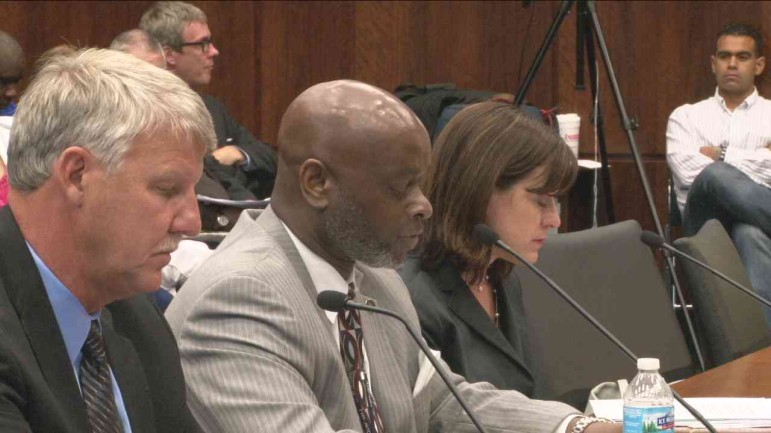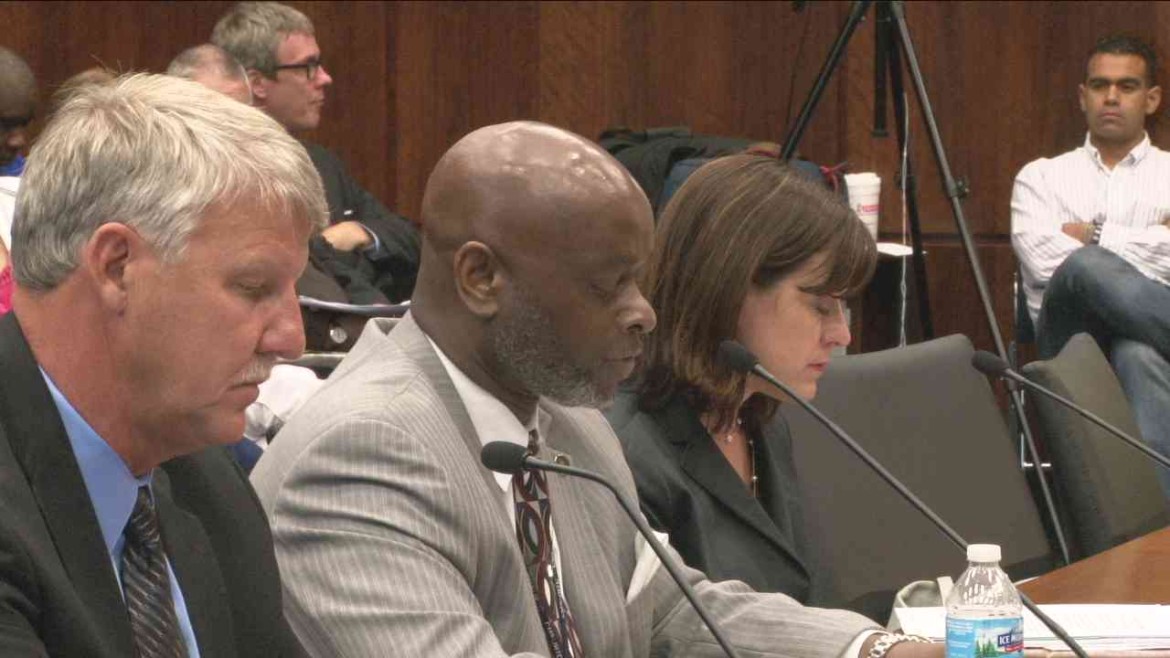 CHICAGO -- According to a survey commissioned by the Illinois Department of Juvenile Justice, the state of Illinois has experienced significantly higher rates of sexual misconduct within its youth correctional facilities than most other states.
CHICAGO -- According to a survey commissioned by the Illinois Department of Juvenile Justice, the state of Illinois has experienced significantly higher rates of sexual misconduct within its youth correctional facilities than most other states.

Arthur Bishop
The IDJJ commissioned the investigation by an outside group after a federal report earlier this year showed alarming rates of misconduct in Illinois youth prisons and other youth facilities nationwide. Although the Department did have policies to prevent misconduct, many were outdated or not expansive enough to be effective, and even in areas where the policies were adequate, staff members did not always adhere to protocol, or even report for duty, according to the new report.
In response to the survey’s findings, the IDJJ has pledged to implement new measures to ensure greater protection of the youths within its system, and IDJJ Director Arthur Bishop announced a plan to overhaul the entire internal security of the Department’s facilities, and to ensure that its youth do not feel too frightened or uncomfortable to report any troublesome incidents.
In a statement released Wednesday, IDJJ director Arthur Bishop, who has been under pressure to fix the situation, said: “The Department of Juvenile Justice has zero tolerance for any type of sexual abuse, harassment or victimization and is committed to providing safe, rehabilitative, and appropriately secure environments for youth and staff. The recommendations included in the Kinsale Management Consulting report will be used to bolster the Department’s efforts to protect youth committed to our care.”
 Among the actions already taken since the release of the federal Department of Justice survey in June include starting a hotline for youth to alert authorities of problems, training IDJJ workers to better handle situations in which an inmate is assaulted, tightening and enforcing restrictions on how and where employees may interact with young inmates, and establishing a statewide Youth Advisory Council as a way for youth inside the system to voice concerns publicly.
Among the actions already taken since the release of the federal Department of Justice survey in June include starting a hotline for youth to alert authorities of problems, training IDJJ workers to better handle situations in which an inmate is assaulted, tightening and enforcing restrictions on how and where employees may interact with young inmates, and establishing a statewide Youth Advisory Council as a way for youth inside the system to voice concerns publicly.
Additional initiatives have begun to be explored, including a more comprehensive network of video surveillance, efforts to better engage the families of youth in IDJJ facilities, hiring more employees to full current gaps, and a partnership with the MacArthur Foundation to further improve the Department’s existing structures centered on preventing and reporting sexual assault.
In other states, including Georgia, which ranked high in the DOJ review as well, quick action was taken against staff and others, with some 20 suspensions or firings soon after the report came out. There have been no reports of such action being taken in Illinois.
The Illinois Department of Juvenile Justice has pledged that these initial reforms will only be the first in a series of changes to fight sexual assault within its institutions.
